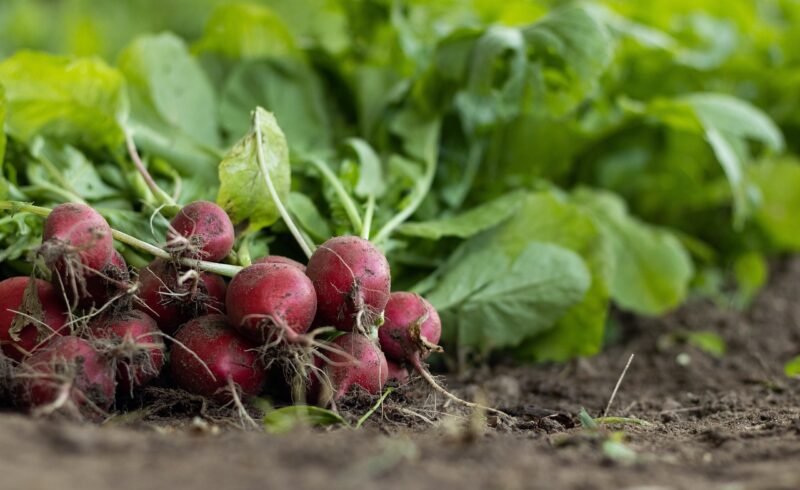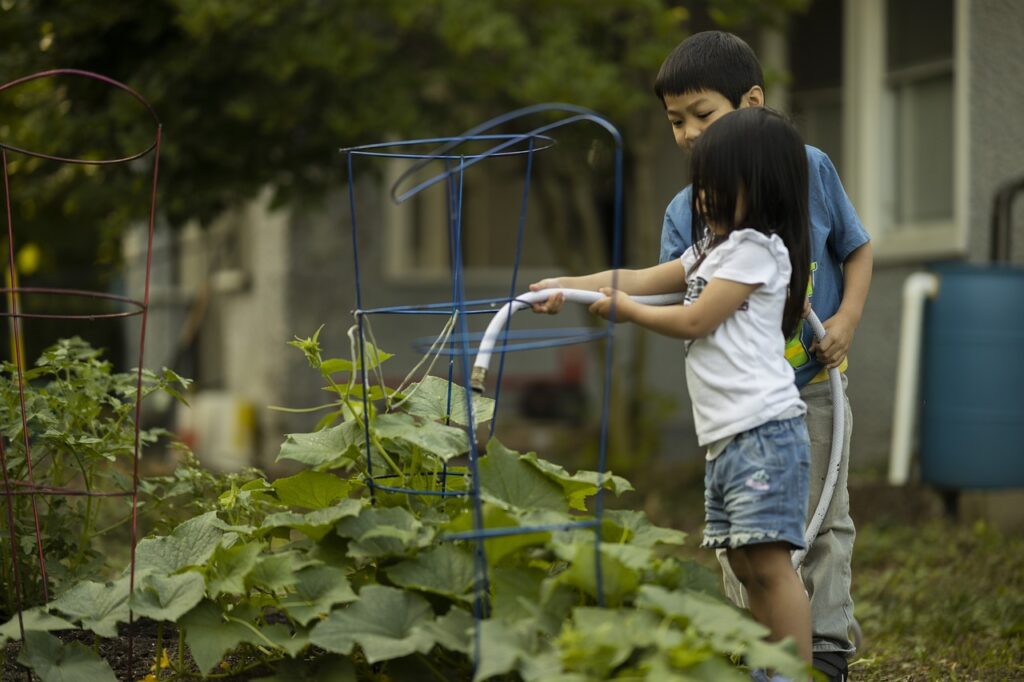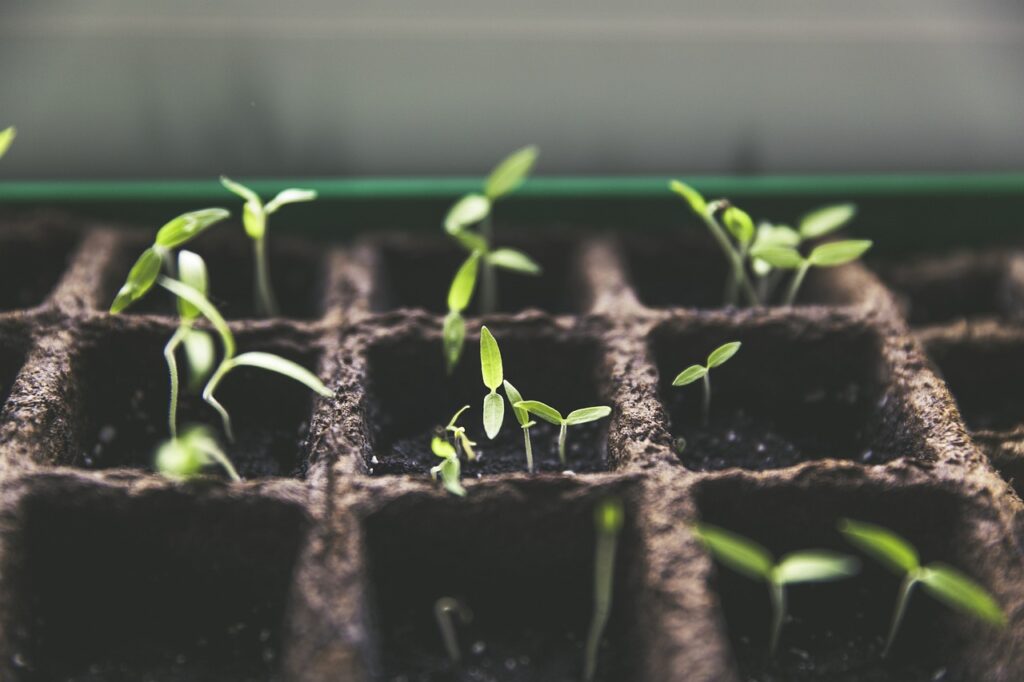
Starting and Maintaining a vegetable garden can be a great activity to keep your kitchen stocked with fresh, organic vegetables. It’s also a great way to spend time with friends and family. But… how does one start a garden? Here are some tips to get your garden started and help it thrive!
1. Location
Plan out where your garden is going to be located. This is crucial to the success of your new project. Vegetables need at least six hours of direct sunlight daily to grow well. Take account of your property and draw up a schematic of where the plants will need to go to get good shine. Also, think about what region you live in—what sort of average rainfall do you get? Are temperatures blazing all the time, chilly most of the year, or a good mix in between? This will determine your watering schedule and what sort of things you plant. Do a little research into your climate zone and how to best take care of your garden within those parameters.
2. Soil
Find out what type of soil you’re working with. This also ties into location. If your natural soil is unable to provide your plants with adequate nutrients, you may choose to grow your vegetables in planters, or containers. Container gardening is still a very viable option for gardening, and if done right then can be very aesthetically pleasing.
3. Learn How Your Plants Grow
Depending on what you’re planting, research how the plants take root and grow. Some vegetables, like tomatoes and cucumbers, need poles to grow up so their vines can spread, whereas carrots and potatoes grow in the soil.
 4. Start Out Small
4. Start Out Small
Start out with vegetables that are easy to grow, such as cucumbers and tomatoes. Other ones to try include lettuce, potatoes, peas, spring onions, and radishes. Get a feel for what maintaining a garden is like, then consider adding more plants and expanding your plot. You should be able to buy seeds or small plants at your local hardware store in the gardening section.
5. Composting
A great way to ensure your garden’s health is to boost the soil with fertilizer—natural, not chemical. Composting is a great way to do this – and it also reduces waste. Composting involves an aerobic process that naturally decomposes organic materials; this, in turn, gives your plants extra nutrients. You can include natural food waste such as fruit and veggie stems and peels with leaves, twigs and dirt. Just make sure none of the vegetables are cooked, and you don’t put any meats in there. Walnuts should also be avoided, since they release a compound that is toxic to plants.
Ready to get started on your vegetable garden? Make a plan, grab a trowel, and dig in!











